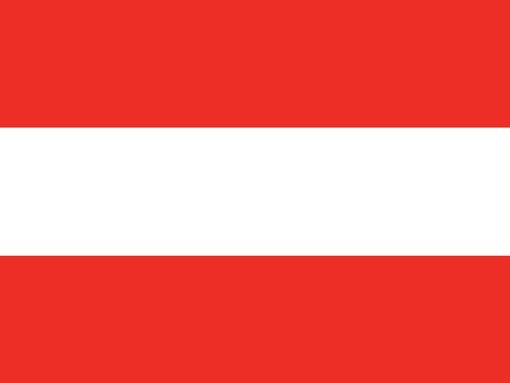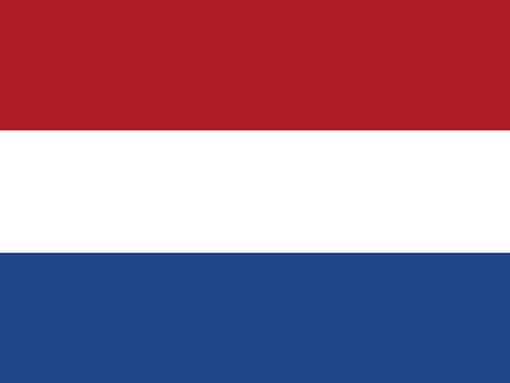Germany
Note on IPS
Please note, 2024 data from the International Passenger Survey is badged as ‘official statistics in development’ and estimates are subject to future change as further improvements to the methodology are introduced. The ONS are not endorsing comparisons with previous years. See the ONS website for more information.
Germany
Travellers from Germany made 108.8 million outbound visits in 2024, with a total international tourism expenditure of US$118.4 billion.
In 2024, the UK welcomed 3.3 million visits from Germany. During the travellers’ visits, their total expenditure was a record £2.1 billion, with an average spend of £626 per person.
Visitor characteristics
- Holiday visits from Germany to Britain reached a record 1.7 million in 2024, generating 59% of total spend by German visitors, above the market average of 47%.
- 16% of visiting friends and relatives (VFR) visitors were UK nationals.
- German visitors to Britain show strong regional spread, with 68% of nights spent outside of London, compared to the market average of 60%.
- Visitors from Germany are most likely to reside in the following cities: Berlin (15%), Munich (9%), Hamburg (9%), Frankfurt (7%) or Dusseldorf (5%).
- More than three-in-five holiday visitors are making a repeat visit to Britain (excluding British expats, within ten years).
- 96% of departing Germans are either ‘likely’ or ‘extremely’ likely to recommend a visit to Britain.
Explore the inbound data in full
Use our visualisations to see data from this market in greater depth and clarity. Compare annual statistics, and filter by age group, gender, trip duration and more. Includes seasonality, trip purpose and regional spread of visitors to UK destinations. This data is based on the International Passenger Survey, conducted by the Office for National Statistics (ONS).
Please click on the button below and select the market you are interested in.
Perceptions of Britain in the German market
- Germans rated the UK thirteenth out of 50 nations in the Anholt Nation Brands Index 2025.
- The UK was ranked third for contemporary culture, fourth for culture in general, and sixth for historic buildings. It was also ranked in the top ten for vibrant city life/urban attractions, sport and cultural heritage.
- Activities that appeal to potential visitors from Germany include ‘driving through the countryside in England’, ‘visiting Madame Tussauds’, ‘spotting wildlife in the Scottish Highlands’, ‘sharing stories over a pint with locals in a cosy rural pub’ and ‘going hiking on the South West coast’ (NBI, 2019).
Global context
Top-level statistics relating to tourism expenditure and popular destinations for this market. For greater detail on inbound tourism flows from this market to the UK, see our data visualisations.
| Measure | 2024 |
| International tourism expenditure (US$bn) | 118.37 |
| Global rank for international tourism expenditure | 3 |
| Number of outbound overnight visits (m) | 108.8 |
| Most visited destination | France |
Caring for visitors
- Very few German visitors expect their British hosts to speak German. The majority of younger Germans speak English.
- German visitors are likely to have planned their itinerary in detail, but younger visitors may be more spontaneous. However, all welcome local recommendations for things to do and see.
- Germans often try to find accommodation that has ‘character’.
- The environment and sustainability issues are very important to many Austrians, and this may influence their choice of accommodation.
The leisure and travel trade
- The German travel market is very mature. There are a few big players dominating the market, but also a fair number of small specialist operators with comprehensive Britain programmes.
- In Germany, retail agencies are more important than in other European countries, but they are increasingly facing competition from online travel portals.
- Large FIT tour operators contract their annual programmes between January and April, while package wholesale and group operators contract in the last quarter of the year.
- Tour operators are located across Germany with a certain concentration in the wider Frankfurt area.
Access to Britain from Germany
The key routes and transport modes that connect this market with the UK.
| Measure | 2025 |
| Weekly aircraft departures | 869 |
| Weekly seat capacity | 146,013 |
| Airports with direct routes in Germany | 19 |
| Airports with direct routes in Britain | 19 |
- In 2024, 80% of German visits were made by plane, 14% came via sea and 7% through the Channel Tunnel (IPS).
- 71% of seat capacity on direct flights from Germany to the UK is on flights to London.
- Following the COVID-19 pandemic, scheduled seat capacity on non-stop flights from Germany to the UK has recovered to 82% of 2019 levels in 2025.
To see entry requirements for visitors to the UK from Germany click here.
To see rates for Air Passenger Duty charged on passengers flying to Germany from the UK click here.
Further resources
Where visitors from Germany to the UK reside in their own country.xlsx
How we source this information
We work with a number of data sources to provide a rich and insightful picture of our key inbound source markets. This includes, but is not limited to, data provided by Oxford Economics, the UNWTO, Apex, Anholt-Ipsos Nation Brands Index and from our own surveys and ad-hoc research. The largest share of these data comes from the International Passenger Survey (IPS) by the ONS.
Visit our About the International Passenger Survey page for more information on how this data is collected and analysed.









